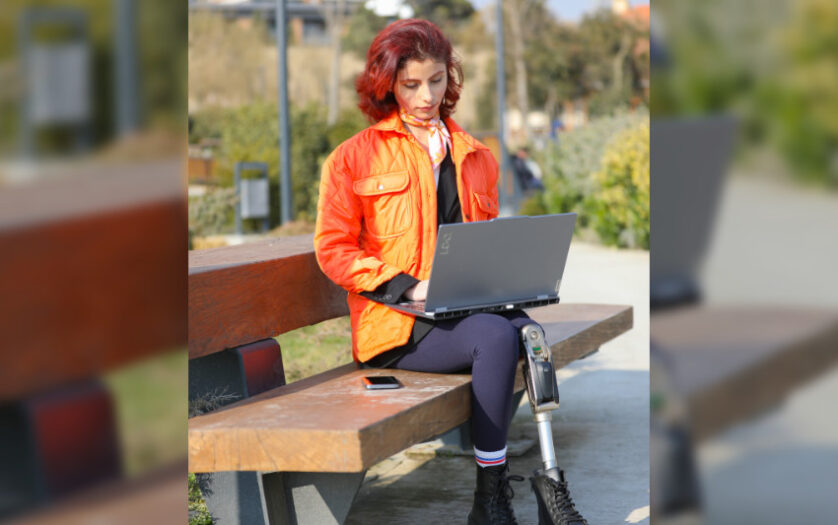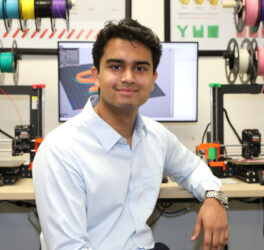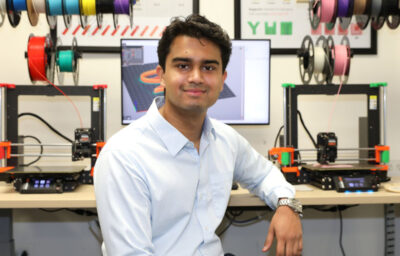
For years, people with disabilities in Azerbaijan carried a double burden, their health challenges and the exhausting bureaucracy of proving their disability. To secure support, individuals had to travel from office to office, carrying piles of documents, waiting in long lines, and often facing unfair practices that made the process even harder.
This painful reality began to change in 2015, when Azerbaijan introduced a bold innovation, the Disability Subsystem, an electronic platform that completely reshaped how disability assessments are carried out.
A system designed for fairness
Instead of paperwork, queues, and face-to-face negotiations, the new system works almost invisibly for the applicant. Hospitals now send medical data electronically. The system encrypts and anonymizes each case, then distributes it randomly to expert commissions in different regions.
Doctors and Medical-Social Expert Commissions (MSEC) no longer know whose case they are reviewing, only the medical facts matter. Once a decision is made, it is signed electronically and sent directly to the individual’s phone via SMS. As a result, disability assessments became truly objective and transparent.
More than technology
What makes the Disability Subsystem so powerful isn’t just its digital tools, it’s the human impact. By removing in-person visits and unnecessary paperwork, the system has lifted a huge weight from people who already face daily challenges.
The system also introduced automatic extensions for many disability cases, eliminating the need for people to prove their condition year after year. This single change spared 250,000 individuals from repeated trips to government offices annually.
Building trust, reducing corruption
The most groundbreaking feature is the anonymization of applications. By hiding personal details and assigning cases randomly, the system has removed opportunities for corruption that once plagued the old Soviet-style system. Trust, once missing, has begun to grow.
Since 2015, over 736,000 disability applications have been processed through the system, with 85,000+ applications handled in 2023 alone.
The people behind the change
The success of the Disability Subsystem is also a story about the people who built it. Many of the experts and staff who designed the platform continue to work on it today, constantly improving and expanding its features. They carry not only technical knowledge but also the empathy and determination to keep the system responsive to the needs of citizens.
A story of dignity restored
What began as a technical reform has become something much larger, a symbol of dignity and fairness for Azerbaijan’s disability community. By eliminating unnecessary struggles, the Disability Subsystem allows people to focus on living their lives rather than fighting the system.
When technology is built with humanity at its core, it can transform not just systems, but lives.
Proactive disability payments
Before technology stepped in with proactive payments, people had to chase after their rights by gathering documents, standing in long lines, and hoping officials would process their applications on time. For those already living with disabilities, this extra weight often felt overwhelming.
Today, Azerbaijan has turned that system on its head. With the introduction of proactive services, rights are no longer something people must fight for, they are delivered automatically.
Here’s how it works: the state’s integrated databases quietly track when a right arises. Without a single application form, the system processes the information and sends an SMS notification to the individual. What once required multiple visits to government offices is now reduced to a single message on a mobile phone.
This innovation has reshaped what social protection means in practice. Rights are no longer just written in law; they are actively guaranteed in people’s lives. The change has been especially powerful for people with disabilities, who now receive their pensions through this mechanism, quickly, fairly, and without bureaucratic hurdles.
For many families, the difference is profound. Instead of navigating complicated procedures, they can focus on what truly matters: supporting their loved ones and living their lives with dignity.
By Sabina Huseynova and Elmira Hasanova
Sabina Huseynova and Elmira Hasanova represent the DOST Digital Innovations Center under the Ministry of Labour and Social Protection of Population of the Republic of Azerbaijan. Their work centers on digital transformation and the introduction of innovative approaches to modernization. With experience in both government and international projects, they concentrate on practical strategies that apply technology to strengthen social protection systems and enhance citizen well-being.








